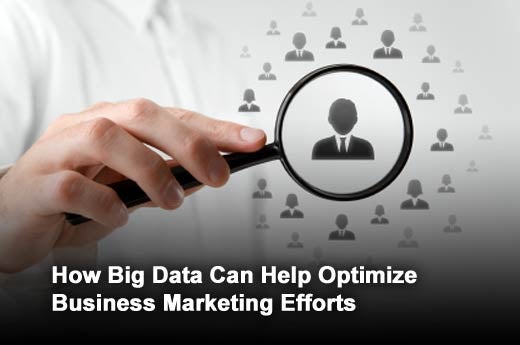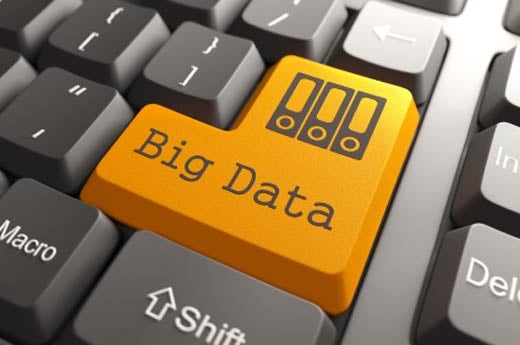Big Data was one of the hottest phrases of 2013, said first by technologists, and now echoed across organizations, especially by marketers. Why? Because marketing is no longer just an art; it’s a science. Marketers need to measure increasingly complex campaigns and customer touchpoints, and they haven’t always been comfortable with the number-crunching side of their jobs. But when they realized Big Data can empower them within an organization – and that smart tools can help creative types analyze data to answer critical questions – marketers quickly got on board.
Marketing campaigns generate Big Data across multiple channels, but how can a marketer make sense of it all? The answer lies in attribution. Not last-touch or first-touch, but regression-based, algorithmic attribution that tracks users across their entire paths to purchase from first exposure to conversion, and scientifically attributes value to each marketing touchpoint. In 2014, marketers will increasingly use Big Data and attribution to validate their marketing dollars.
Jeff Zwelling, CEO and co-founder of Convertro, presents seven reasons why marketers need to pay attention to Big Data and learn how to use it to their advantage.
Click through for seven reasons why marketers must pay attention to Big Data to measure and optimize marketing campaigns.
All marketing data is quickly becoming Big Data.
Marketing campaigns today use a plethora of channels to reach audiences both on- and offline. Consumers also engage with marketing assets across multiple devices, such as desktops, tablets and smartphones. At each touchpoint, useful data is being generated.
Big Data helps answer questions that were thought to be impossible to address.
Marketing data created by campaigns holds valuable information about a customer’s path to purchase. It can answer the following questions: With which marketing assets did the customer engage? Which marketing campaigns are working? Which are wasting the budget? Are the affiliates doing their job, or are they inefficient or fraudulent?
Customers shop cross-channel and cross-device.
Proper attribution can track users across browsers, computers and devices. This is a vital consideration for marketers, as the average American owns 1.57 mobile devices. For example, if Sally sees an ad on her iPad for a new pair of sneakers, then searches for sneaker reviews on her cell phone the next day, and three days later purchases the shoes from her laptop, proper attribution can connect the dots between those separate devices and track Sally from her first exposure all the way through to conversion, scientifically crediting each touchpoint along the way.
Measure the halo effect of television.
If you’re a marketer, you’ve probably heard about the halo effect of television advertising, but do you know how to measure it? When a consumer sits down in front of the TV, it is likely that he has a laptop or iPad beside him for browsing the Web. True attribution allows marketers to measure the effects of TV advertising on other marketing initiatives. The advanced algorithms analyze traffic across all digital channels before and after a TV spot airs, and correlates that with the offline ad log data. This allows marketers to determine what portion of direct visits stem from the TV ad, as well as the halo effect, meaning its impact on other online channels, such as search, display and affiliate.
Provide marketing spend recommendations.
Good attribution does more than just measure; it turns Big Data into actionable recommendations that empower marketers to optimize their campaigns and marketing spend. Attribution looks at the impact advertising has on conversions and combines this data with spend data, generating suggested reallocations of the ad budget. These spend recommendations can be as granular as specific networks, programs, days and times, keywords, and even creative.
Increase online revenue and decrease client acquisition cost.
Brands typically experience a 10 percent increase in online revenue due to the optimization recommendations and fraud detection attribution provides. Brands that implement the optimization suggestions and remove fraudulent resources experience the largest increase in revenue and decrease in client acquisition costs. For brands that experience high-revenue, these optimizations can translate into millions of dollars.
Predict the future.
Once the data collection process begins, brands can leverage past data to predict the future. For example, a brand can look at its holiday campaign in 2012 to optimize its 2013 holiday campaign. If the brand looks at its 2012 data and see its email marketing campaigns highly influenced conversions, it can put more money into those campaigns this year. Conversely, if the brand determines that its affiliates had little effect on converting customers, it can pull money away from affiliates in 2013, reallocating its marketing from unprofitable sources to profitable ones.










